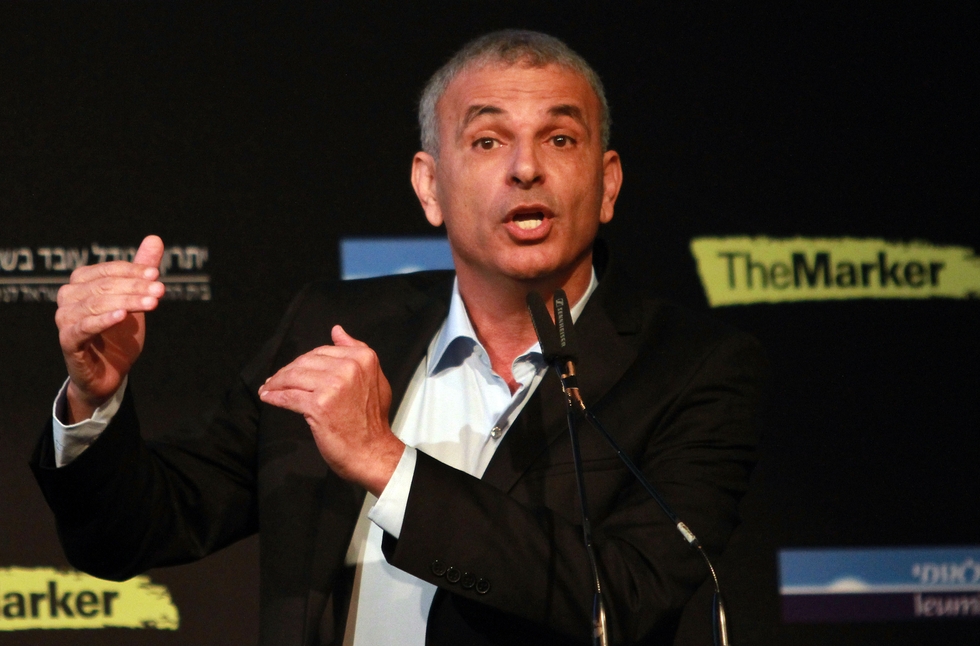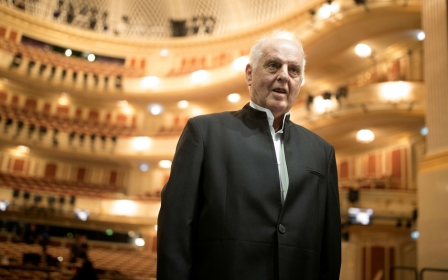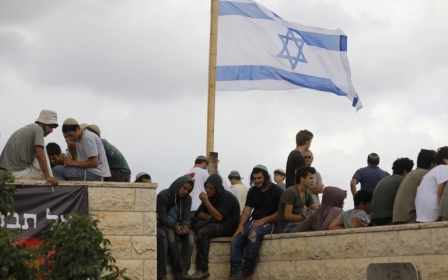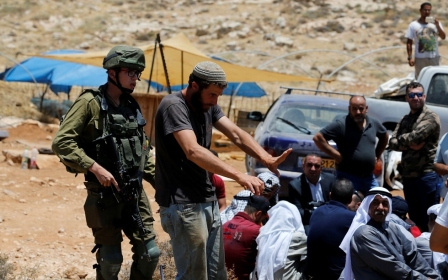Israel ministers seek changes to 'nation state' law after Druze outcry

Two influential Israeli ministers have called for changes to a deeply controversial law declaring Israel the nation state of the Jewish people, after a backlash and a court challenge from the Druze minority.
Opponents have called the law "racist" as it makes no mention of equality and Israel's democratic character, implying that the country's Jewish nature comes first.
Members of Israel's 130,000-strong Druze community, many of whom serve in the police and military, have been among those strongly denouncing the nation-state law.
Community leaders have filed a court challenge to the law, which was passed by a vote of 62-55 and two abstentions in the 120-member parliament after months of political argument.
The legislation becomes part of Israel's so-called Basic Law, a de facto constitution.
Critics and members of the state's Palestinian minority - which constitutes 20 percent of Israel - have likened the legislation to apartheid.
Following the vote, Knesset members belonging to the Joint List, which represents Palestinian citizens of Israel, shouted and tore up papers.
On Thursday, Finance Minister Moshe Kahlon called for changes in response to the concerns of the Druze, saying the law had been "passed in haste".
"The last thing that we want is to harm the Druze community," Kahlon, whose Kulanu party is the second largest in Prime Minister Benjamin Netanyahu's coalition, told Army Radio.
What is Israel's Nation State law?
- Less than 500 words in length, the law says Israel is the “historical homeland” and the “national home” of the Jewish people
- It says that only Jews have the right to exercise national self-determination in Israel
- It says that Jerusalem is Israel’s capital and Hebrew is its language
- It describes Jewish settlement as a “national value” to be promoted by the state
Read in full: Israel's Nation State of the Jewish People Law
Kahlon's comments followed similar ones on Wednesday by Education Minister Naftali Bennett of the religious nationalist Jewish Home party.
Bennett, who was a prominent advocate for the law, said he had now realised damage was done, adding that the Druze were "our brothers who stand shoulder to shoulder with us on the battlefield".
Translation: After discussions with many of our Druze brothers, it emerges that the manner in which the national law was enacted was very damaging to them and to anyone who connected their fate to the Jewish state. This, of course, is not the intention of the Israeli government. These are our blood brothers who stand shoulder to shoulder with us on the battlefield and make a covenant with us. We, the Government of Israel, have a responsibility to find a way to heal the rift.
Druze politicians were expected to meet Netanyahu, Kahlon and Defence Minister Avigdor Lieberman on the issue later on Thursday.
Druze leaders are also planning a demonstration against the law in central Tel Aviv on 4 August.
The Druze, a religious minority in the Middle East, number some 110,000 in northern Israel, with another 20,000 in the Israeli-occupied Golan Heights. There are significant Druze minorities in Syria and Lebanon.
The nation-state law makes Hebrew the country's national language and defines the establishment of Jewish communities as being in the national interest.
Arabic, previously considered an official language, was granted only special status.
Palestinian citizens of Israel have long said they are treated as second-class citizens by Israeli authorities, suffering from discriminatory legislation and radically inferior access to public services and infrastructure compared to Jewish citizens.
On Sunday, Daniel Barenboim, the world-renowned pianist and conductor, was one of many to label the nation-state law as "a very clear form of apartheid".
Writing in Haaretz on Sunday, in a piece entitled: "Today, I Am Ashamed to Be an Israeli," Barenboim said the law, passed on Thursday, "confirms the Arab population as second-class citizens".
Stay informed with MEE's newsletters
Sign up to get the latest alerts, insights and analysis, starting with Turkey Unpacked
Middle East Eye delivers independent and unrivalled coverage and analysis of the Middle East, North Africa and beyond. To learn more about republishing this content and the associated fees, please fill out this form. More about MEE can be found here.




